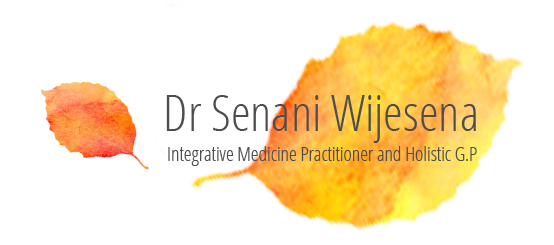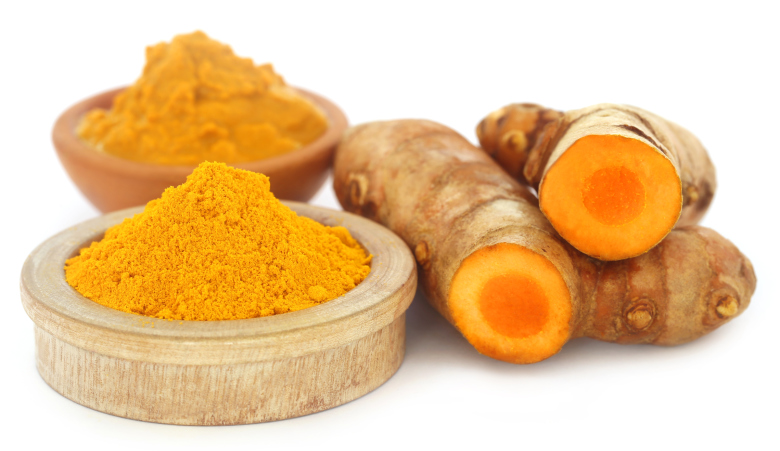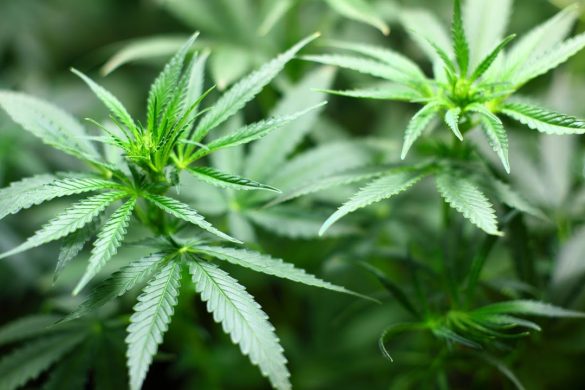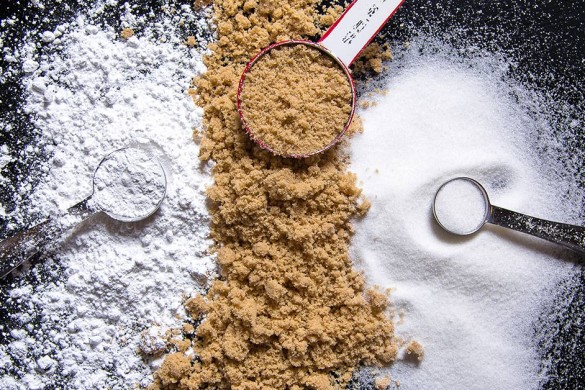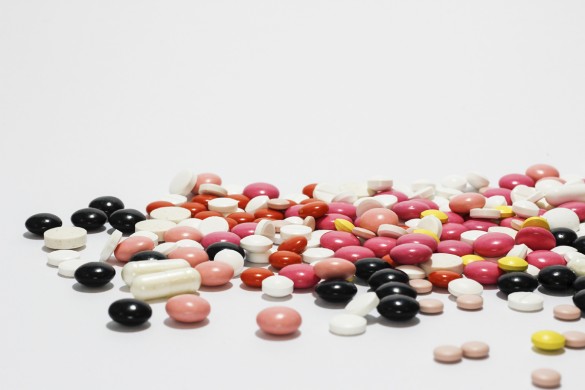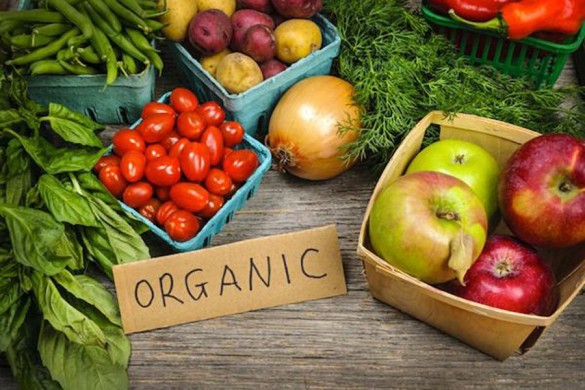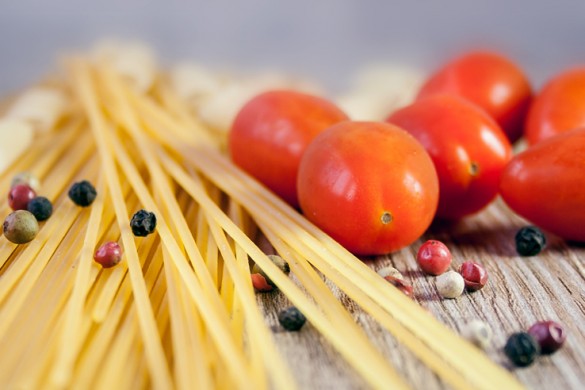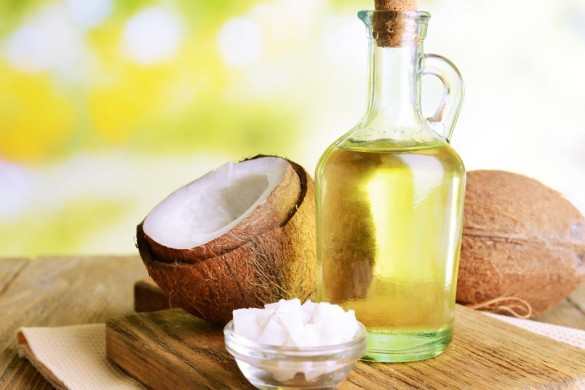Written by Dr Senani Wijesena 11/03/2017
Introduction
Accumulating evidence supports the association of chronic diseases to modern lifestyle: stress, lack of exercise, abuse of tobacco and alcohol and to the transition from natural unprocessed foods to processed, calorie dense and heat treated foods. There is a strong association between chronic diseases and reduced intake of plant fibres, plant antioxidants, omega 3 fats and increased consumption of industrially produced and processed dairy produce, trans fats and omega 6 fats, refined sugars and starch products (grains). The change in diet from traditional unrefined foods to the modern diet has led to an increase in inflammation in tissues which is now known to be an underlying factor in the pathogenesis of chronic western diseases such as type 2 diabetes mellitus, cardiovascular disease, neurodegenerative disease (Alzheimer’s), arthritis, cancer.
Antioxidants are substances that inhibit oxidation and free radical damage of tissues created by inflammation and can be vitamins and plant extracts. Curcumin is the main natural plant antioxidant found in the stem of Turmeric (Curcuma longa) and gives the spice its yellow colour. Native to tropical South Asia, India produces nearly all of the world’s turmeric crop and consumes 80% of it. This plant has been traditionally used in Asian countries for thousands of years as a medical herb (Ayurvedic medicine) and is now used for several conditions due to its antioxidant, anti-inflammatory, anticancer and antimicrobial properties. In the last 50 years it has been proven that most of the effects of turmeric are mainly due to curcumin, with studies indicating potential effects against diabetes, inflammatory bowel disease, allergies, arthritis, Alzheimer’s disease, aging and other chronic illnesses. Promising effects have also been observed in patients with various pro-inflammatory diseases including cancer, cardiovascular disease, uveitis (eye inflammation), irritable bowel disease, tropical pancreatitis, gastric and duodenal ulcer, oral lichen planus (skin condition), gastric inflammation, vitiligo (autoimmune depigmented skin condition), psoriasis, acute coronary syndrome, atherosclerosis (hardened/narrow arteries), diabetes (and its complications), kidney conditions, acquired immunodeficiency syndrome (AIDS), β-thalassemia, gallbladder disease (biliary dyskinesia, cholecystitis) and chronic bacterial prostatitis (prostate infection). Curcumin has also shown protection against liver conditions, chronic arsenic exposure, and alcohol intoxication.
